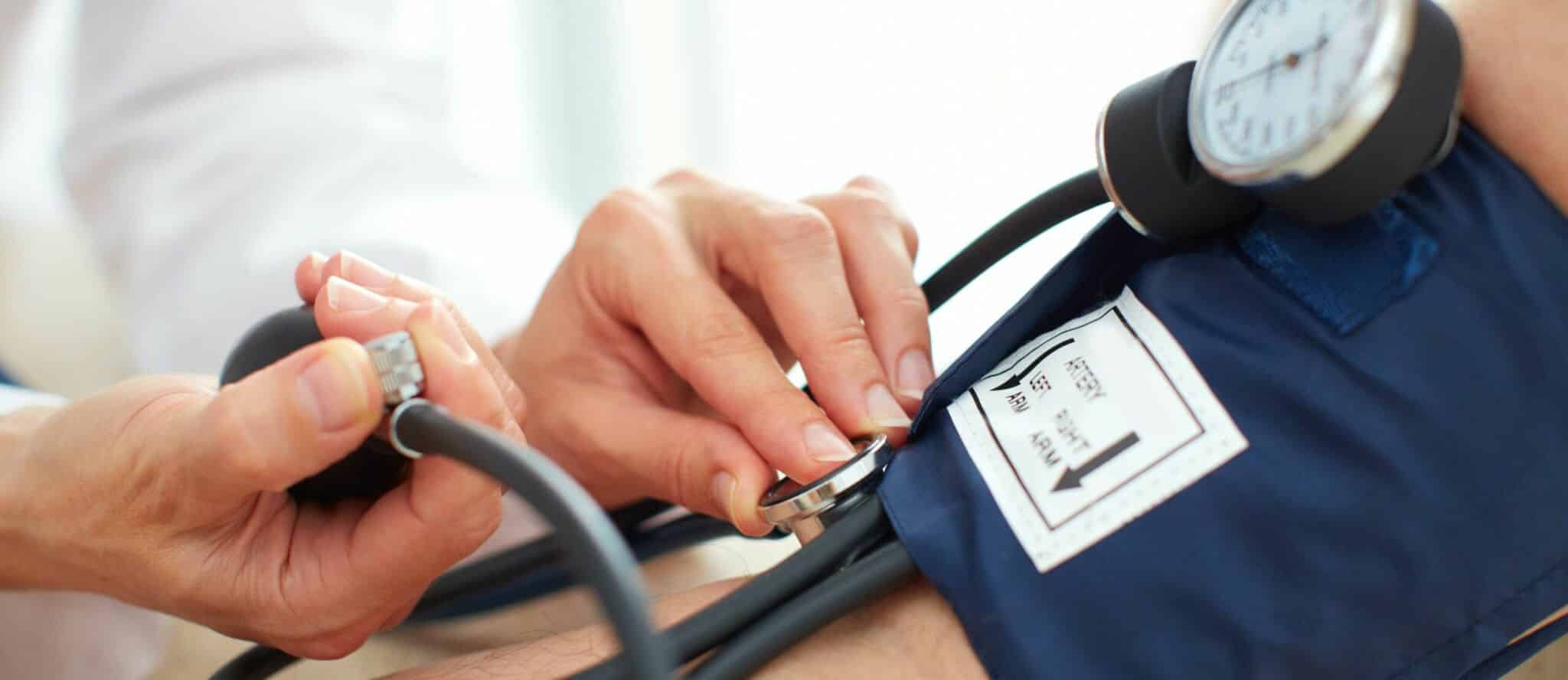
Not activated for the a.y. 2024/2025
The Master in Clinical Management of Arterial Hypertension in Emergency and Clinical Settings provides in-depth knowledge on arterial hypertension and cardiovascular prevention, and prepares professionals with high competence in manage hypertension emergencies caused by brain and/or cardiac and/or kidney and/or vascular damage.
The Master specific purposes include:
1) Being able to assess acute or chronic organ damage;
2) Being able to interpret blood pressure clinical monitoring;
3) Managing hypertension patients according to appropriate pharmacological and non-pharmacological treatment and guidelines.
The Master in Clinical Management of Arterial Hypertension in Emergency and Clinical Settings prepares students on arterial hypertension and cardiovascular prevention. Moreover, professionals can improve their ability in managing hypertension patients under related emergencies. Indeed, arterial hypertension is the main factor of cardiovascular risk, and determines over 1,200 million deaths and early disability every year all over the world.
The Master in Clinical Management of Arterial Hypertension in Emergency and Clinical Settings is addressed to nurses who wish to expand their knowledge on the topic, and obtain a high level of expertise in advanced management of patients with hypertension and cardiovascular pathologies.
The primary career path for nurses after completing the Master is professionals specialized in arterial hypertension matters, inside and outside hospital settings.
Such specializations are recognized in Arterial Hypertension and Cardiovascular Prevention Centres, ORs, Internal Medicine and/or Geriatric Units and/or Cardiology Clinics.
The Master in Clinical Management of Arterial Hypertension in Emergency and Clinical Settings provides in-depth knowledge on the following modules:
Module 1 – PRIMARY OR ESSENTIAL HYPERTENSION
- Definition and prevalence
- How to recognize primary hypertension
Module 2 – SECONDARY FORMS OF ARTERIAL HYPERTENSION
- Pathogenetic and clinical aspects of secondary arterial hypertension
- Imaging in secondary arterial hypertension forms
- Adrenal venous catheterization in primary aldosteronism
- Surgeries for arterial hypertension
- Nursing knowledge
- Arterial hypertension iatrogenic forms
- Clinical management
- Role of nurses
Module 3 – PATHOLOGIES AND CONDITIONS RELATED TO ARTERIAL HYPERTENSION
- Dyslipidaemia in hypertension patients
- Pre-eclampsia and eclampsia
- Atrial fibrillation
- Ischemic cardiopathy
- Heart failure
- Clinical cases analysis
- Role of nurses
Module 4 – ARTERIAL HYPERTENSION AT THE OR AND IN URGENT CARE
- The BARKH approach in hypertension emergencies
- Syncope
- Clinical cases analysis
- Role of nurses
Module 5 – ORGAN DAMAGE IN ARTERIAL HYPERTENSION
- Nephropathy, cardiopathy and vasculopathy in hypertension patients
- Nurse management
The Master includes lectures, seminars and small group practice sessions. During hands-on activities, clinical cases are simulated and discussed (pair and group work activities). Support videos and invasive procedures are projected in the classroom to promote the discussion and review of the procedure. The course includes 1,500 hours of lectures, of which 1192 hours are individual study (for 60 CFU in total).
Mandatory attendance of at least 70% of the meetings in the Master schedule. Attendance shall be taken only if students are present for the entire duration of the lecture (or other activity). The lesson calendar will be posted on the webpage of the Medicine Department-DIMED. There will be a final exam at the end of the Master.
The general ranking of merit for the academic year 2024/25 will be published on the Italian page of this Second-level short specialisation degree according to the timing provided in the Call.
Information
FAQ
The course includes in-person lectures, seminars, individual study, and a project work. There won’t be any distance learning modules.
The hands-on activity consists of:
- Discussion of interactive cases, through the problem-solving method;
- Simulation of clinical cases, supported by the projection of invasive procedures and surgeries to facilitate the discussion and review of diagnostic hypotheses.
Yes, mandatory attendance is at least 70% of the meetings as scheduled, which will include lectures and practice (in small groups).

